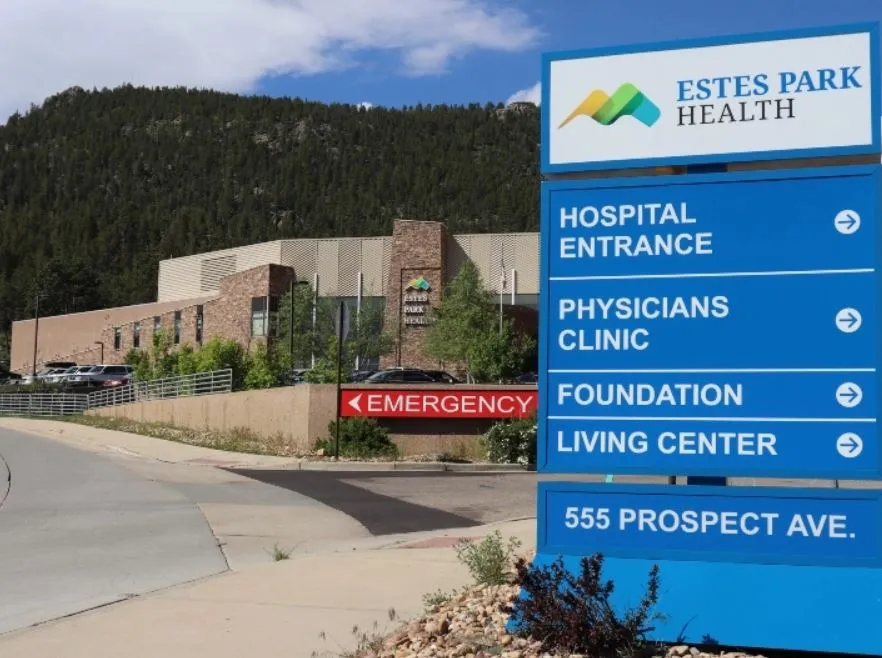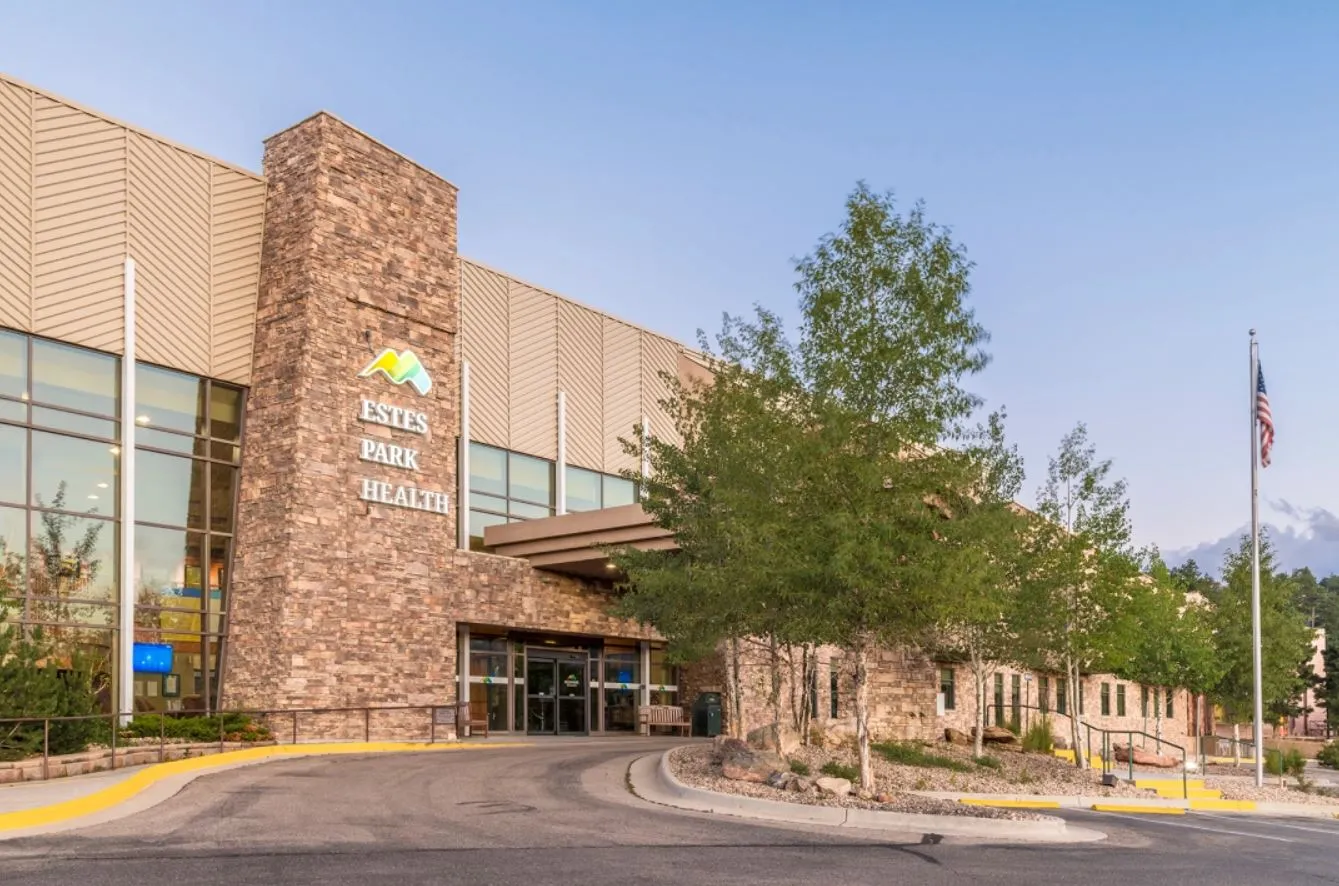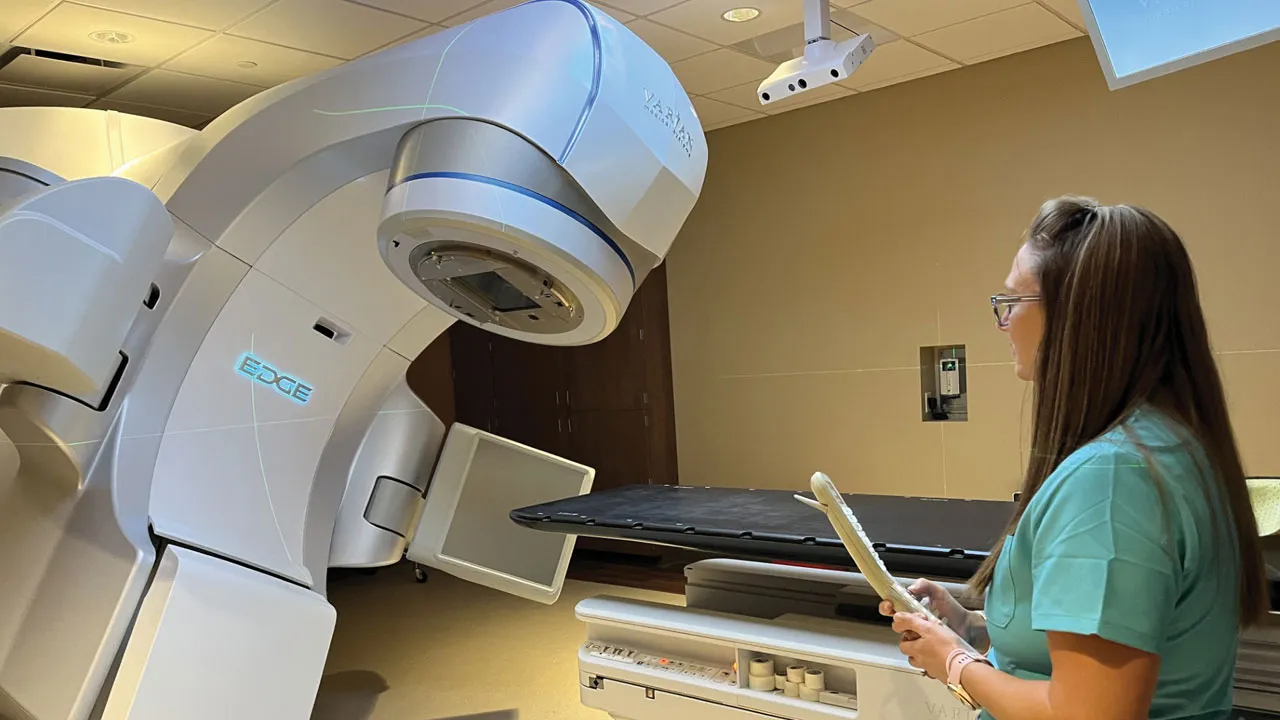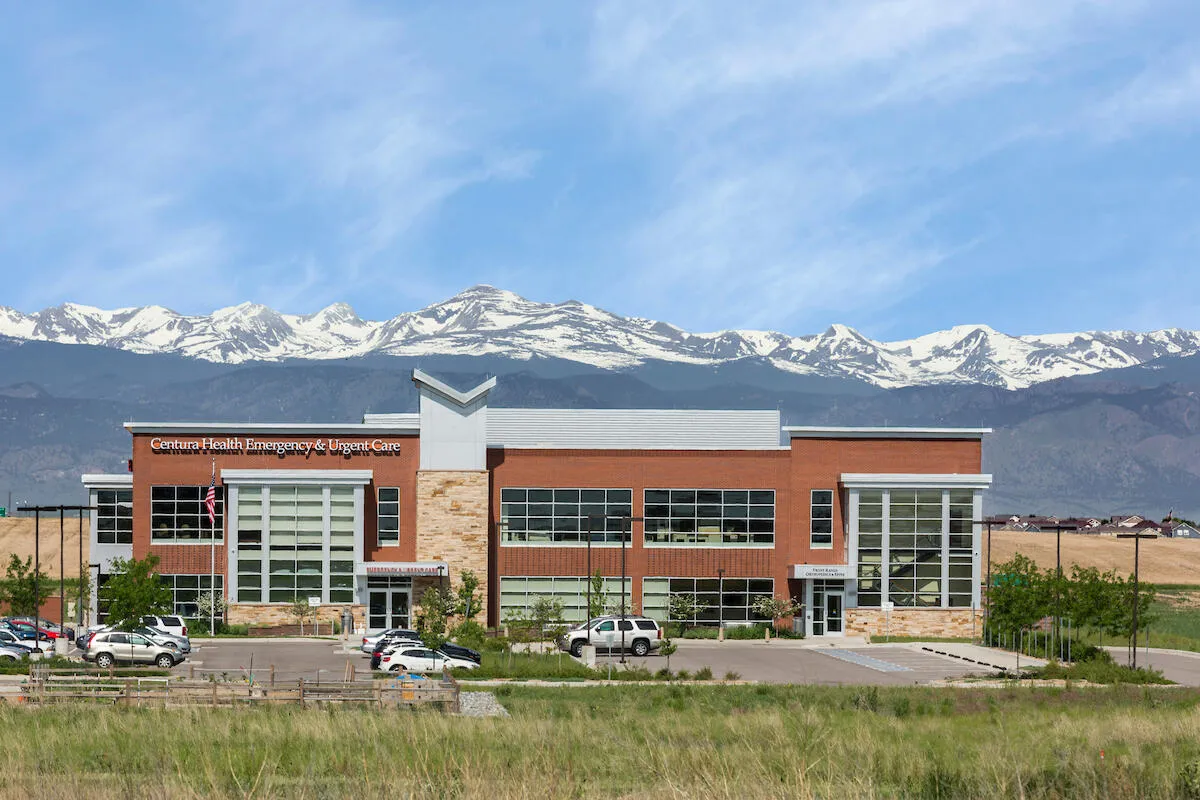‘We’re the town at the end of the road’
Estes Park Health's Vern Carda faces mountains of challenges

ESTES PARK — When one thinks about everything Vern Carda has been through in his slightly more than three years as CEO of Estes Park Health, it’s a wonder he’s still there.
When he took the job in March 2020, the COVID-19 pandemic was just beginning to grip the nation. That fall, the East Troublesome Fire forced the hospital and the entire town of Estes Park to evacuate. Then add the issues gripping the health care industry across the nation: inflation, supply-chain issues, government bureaucracy and staffing shortages.
Finally, there’s the fact that the tourism-dependent high-country community at the gateway to Rocky…
THIS ARTICLE IS FOR SUBSCRIBERS ONLY
Continue reading for less than $3 per week!
Get a month of award-winning local business news, trends and insights
Access award-winning content today!





